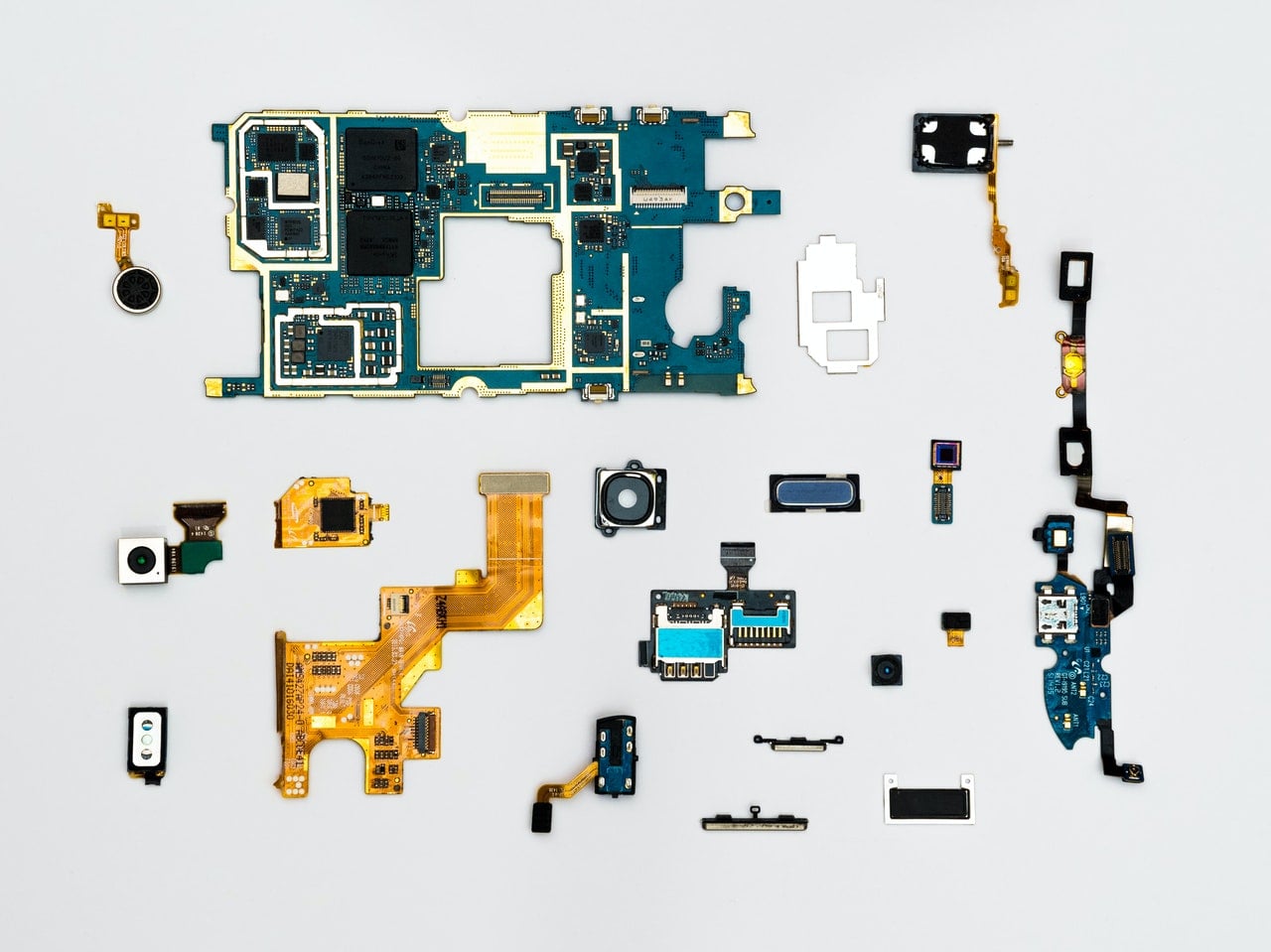Mechanical machines have revolutionized industries across the globe, enhancing productivity and efficiency. However, it is essential to acknowledge that even these marvels of engineering have their limitations. In this blog post, we will delve into the disadvantages of mechanical machines, shedding light on their potential drawbacks and exploring the implications for various industries.
- Limited Flexibility and Adaptability:
One significant disadvantage of mechanical machines is their limited flexibility and adaptability. Unlike their human counterparts, machines lack the ability to quickly adapt to changing circumstances or unexpected events. This rigidity can hinder their performance in dynamic environments, where constant adjustments are required. - High Initial Investment and Maintenance Costs:
Another drawback of mechanical machines is the substantial initial investment required for their acquisition. Advanced machinery often comes with a hefty price tag, making it a significant financial commitment for businesses. Additionally, the maintenance and repair costs associated with mechanical machines can be substantial, further burdening organizations. - Dependency on Skilled Operators:
Mechanical machines necessitate skilled operators who possess specialized knowledge and expertise. This dependency on trained personnel can pose challenges, as finding and retaining skilled operators can be a daunting task. Moreover, the training process itself can be time-consuming and expensive, adding to the overall operational costs. - Limited Versatility:
While mechanical machines excel at performing specific tasks, they often lack versatility. Unlike humans, who can adapt to various roles and responsibilities, machines are designed for specific functions. Consequently, businesses relying solely on mechanical machines may face limitations when diversifying their operations or responding to market demands. - Prone to Breakdowns and Downtime:
Mechanical machines, like any complex system, are susceptible to breakdowns and downtime. Even with regular maintenance, unexpected failures can occur, resulting in costly production halts and delays. The need for spare parts and skilled technicians to address these issues further adds to the operational challenges faced by industries. - Environmental Impact:
The environmental impact of mechanical machines cannot be overlooked. Many machines consume significant amounts of energy, contributing to carbon emissions and environmental degradation. Additionally, the disposal of outdated or malfunctioning machines can pose environmental challenges, as they often contain hazardous materials.
Conclusion:
While mechanical machines have undoubtedly revolutionized industries, it is crucial to recognize their limitations. From limited flexibility and adaptability to high costs and environmental concerns, these drawbacks must be considered when implementing mechanical machines in various sectors. By understanding these disadvantages, businesses can make informed decisions, weighing the benefits against the potential challenges and exploring alternative solutions for a more sustainable and efficient future.


